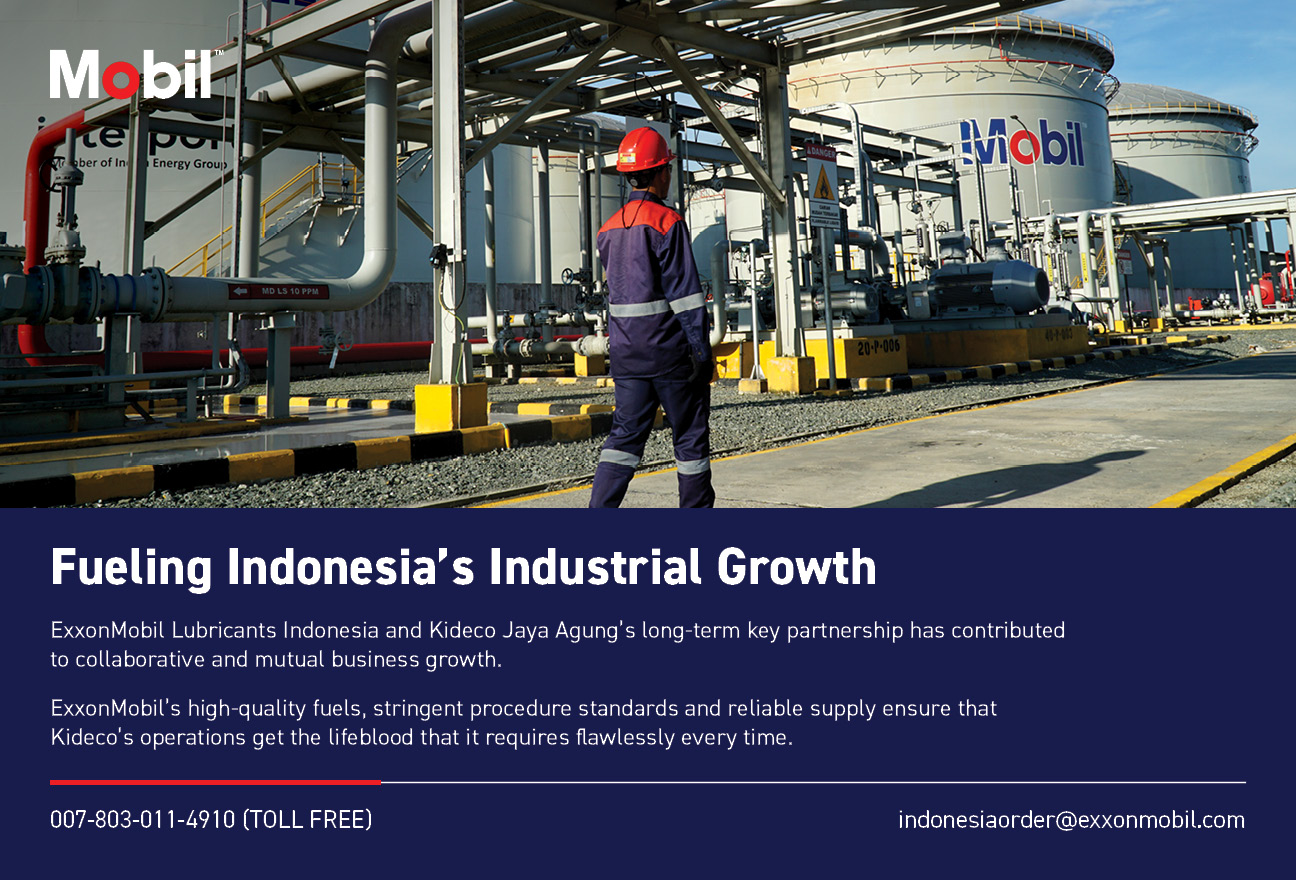Calling Indonesia’s coal mining industry competitive may be something of an understatement. With more than 100 producers in the country, the commercial pressures are not hard to imagine.
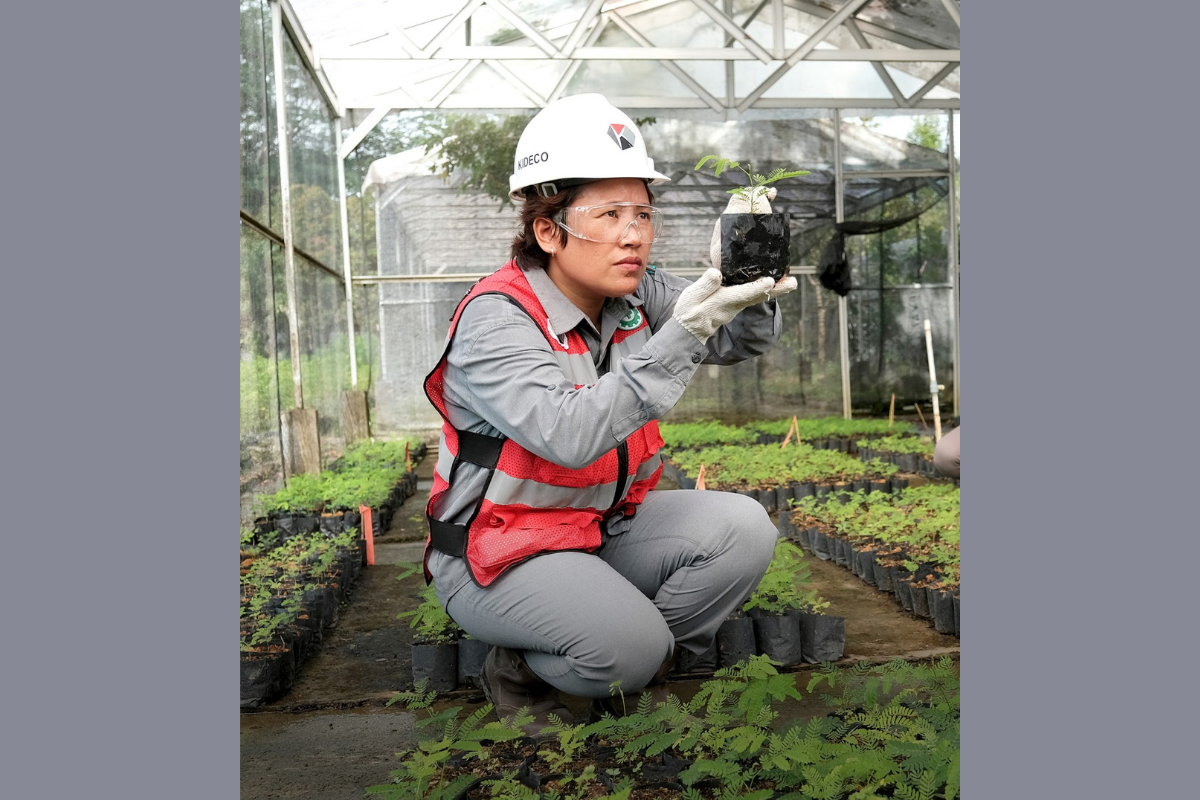
And that’s just the national competition. Indonesia is facing increased pressure globally from rivals across Europe, North America, South America, Asia and Africa.
Kurnia Ariawan, President Director of Kideco Jaya Agung, says he is well aware of the challenges.
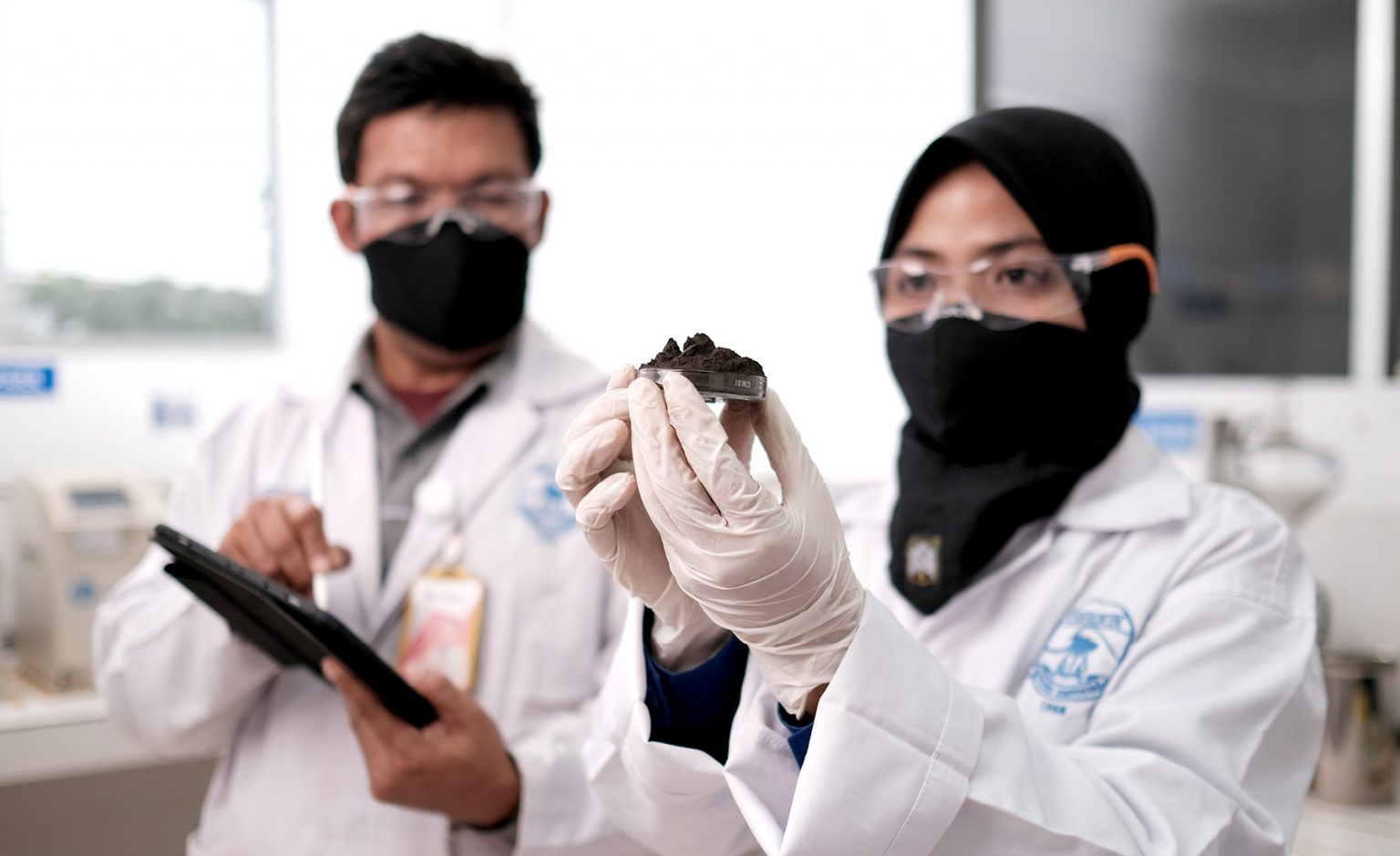
“As a mining company, Kideco is not a young mine,” he tells The CEO Magazine. “The company was established in 1982 and started production in 1993, so it’s 30 years old. My motivation is to keep this company continuously operating for at least the next 20 years. So how do we do that? That is the biggest challenge for me and the company.”
Given Ariawan’s pedigree, he’ll be more than up to the challenge. He is an accountancy graduate from the University of Indonesia, widely regarded as one of the pre-eminent economic schools in the country.
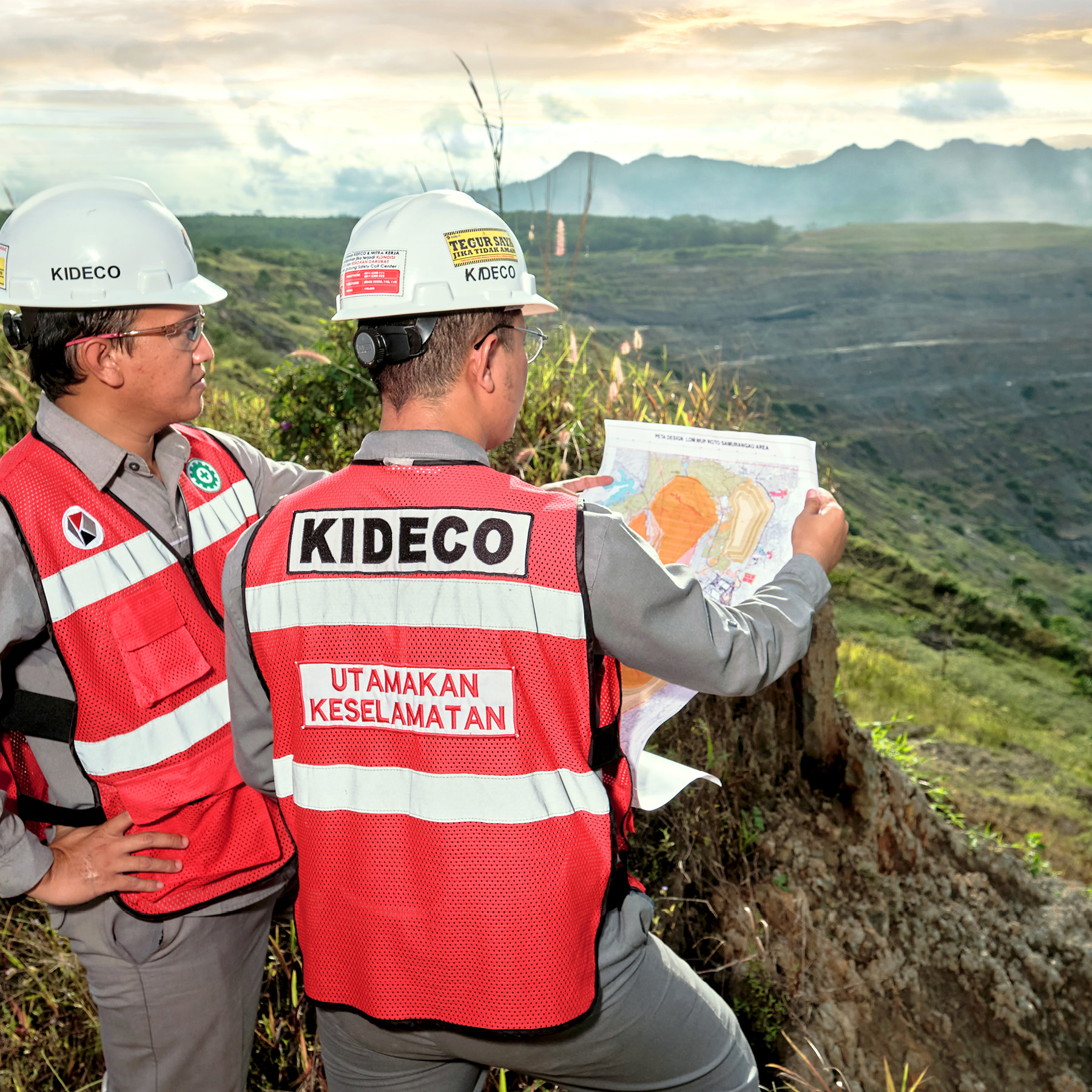
My motivation is to keep this company continuously operating for at least the next 20 years.
He has enjoyed stints with a number of heavyweight companies, including accounting firm PricewaterhouseCoopers, mining construction company Petrosea, pharmaceutical giant AstraZeneca and eight years at Shell Oil – five in Indonesia and three in Houston.
He’s been with Kideco for a little over five years, which has been a period of immense change for the coal industry.
Reserves are key
Ariawan is astute enough to recognize the limitations of Kideco’s potential growth. As he lightheartedly observes, the company is not a manufacturer of toothpaste; it’s a producer of coal. Without sufficient reserves, growth will be a challenge.
“Without reserves there is no growth story,” he says of expansion plans over the next five years. “Our growth and our future will be determined by our reserves and that is our priority.”
While Kideco is focused on digitizing its business and improving its internal procedures, Ariawan is aware that it is external factors that will ultimately shape the company’s future.
Ariawan says the company needs to understand the coal market and believes international markets have unique competitive complexities that will dictate how and where the market will grow.
“Some markets use higher rank coal while others low grade,” he explains. “We need to have a deep understanding of the industry and its players in order to maximize our reserves.”
It is the competitive nature of the industry, both nationally and globally, that’s the greatest challenge for Kideco, which in 2021 produced 32.5 million metric tons of coal from its six open-pit mines.
Ariawan points to China as one such challenge. While China imports more coal than any other nation – and is a major market for Indonesia – it is also the world’s largest domestic producer. The situation has led to the Chinese government erecting virtual barriers and protecting the interests of its homegrown industry.
“Sometimes they block the importation of coal, so we have to compete with what you might call inland China,” he says.
In addition, he says African producers have a “competitive edge” when it comes to the European and American markets given their closer proximity. Yet there have been positives recently for Kideco, even if they emerged because of tragic world events.
Surviving the pandemic
Gas supply issues triggered by the war in Ukraine have provided an opportunity for Asian coal to enter the European market, Ariawan says, while Kideco’s strategy during the COVID-19 pandemic allowed it gain an advantage on competitors.
However, rather than temporarily close up shop as many mines did during the pandemic, the company continued to operate, albeit at a reduced level. This enabled the firm to scale up faster than competitors when the world began to re-open and demand for coal returned.
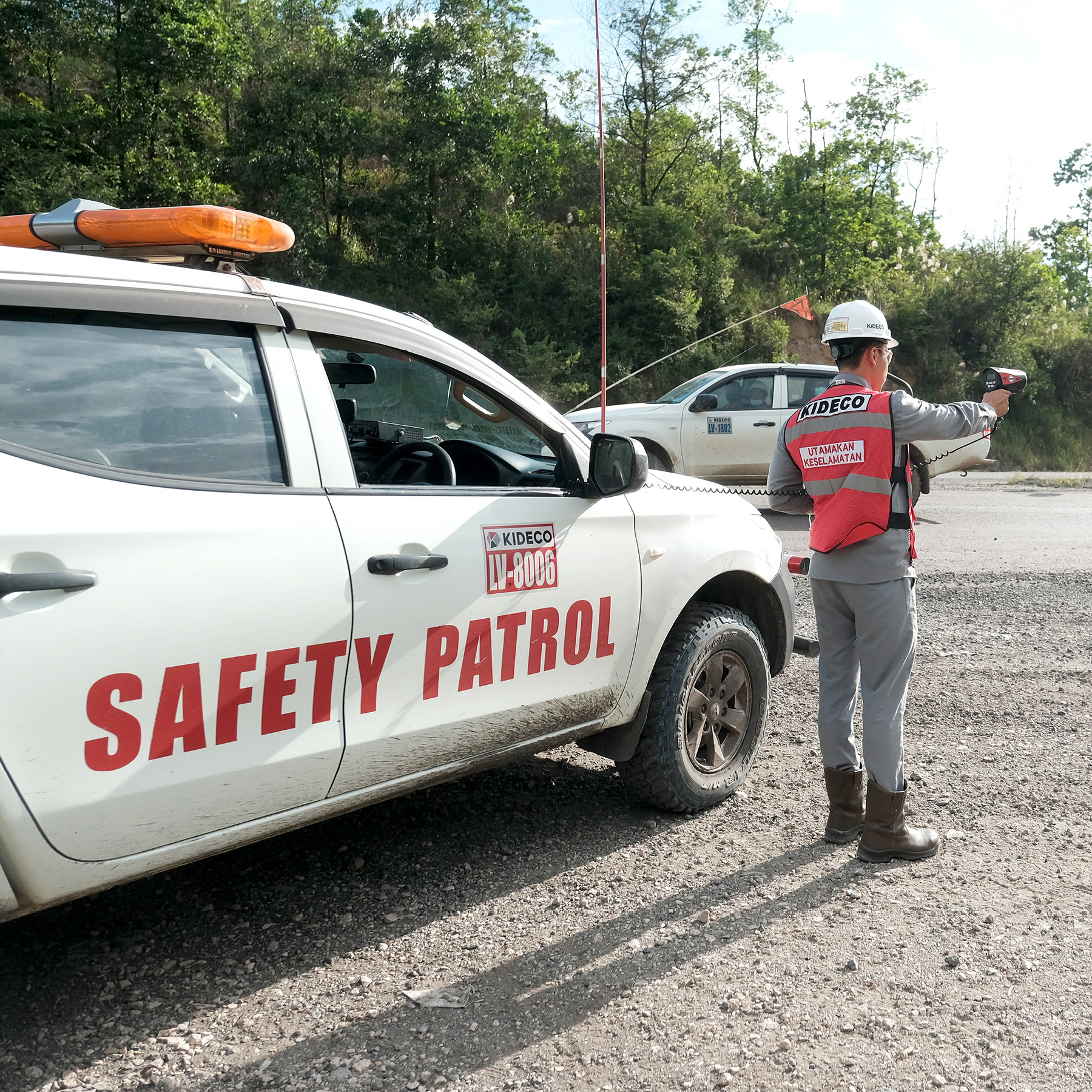
The COVID-19 pandemic was catastrophic for the mining industry. The price reached the lowest in my lifetime.
But while Kideco fared better than most, no-one escaped the damage wreaked by the pandemic. As factories closed and the world stayed at home, demand for power fell off.
“The COVID-19 pandemic was catastrophic for the mining industry. The price reached the lowest in my lifetime. But when the vaccine arrived, economies restarted and started running very fast,” Ariawan recalls.
“Somehow China recovered faster than anyone else, so suddenly they were hungry for coal and the price came back strongly. That became an opportunity for us, because we had maintained our size during the crisis and we were able to settle down and grow with that demand.”
Focus on communication
Throughout the crisis – and during the good times too – Ariawan insists the one aspect of management that is imperative is the need to communicate. Effective communication is the key to success, he insists. Without it, chaos and confusion are never far behind.
“Alignment between me and the board of directors, the board and managers, and managers with staff, are key,” he explains. “As a CEO I need to know when to be strict, when to give some room. I need to know when to think short-term, when to think long-term and then communicate that as a strategy.”
Consistency of message is equally important, if not more so, he stresses. “When you have a workforce of 13,000 people, you can’t just change decisions from one day to the next. That would be chaotic for the company. You need to have consistency in your message and between plans.”
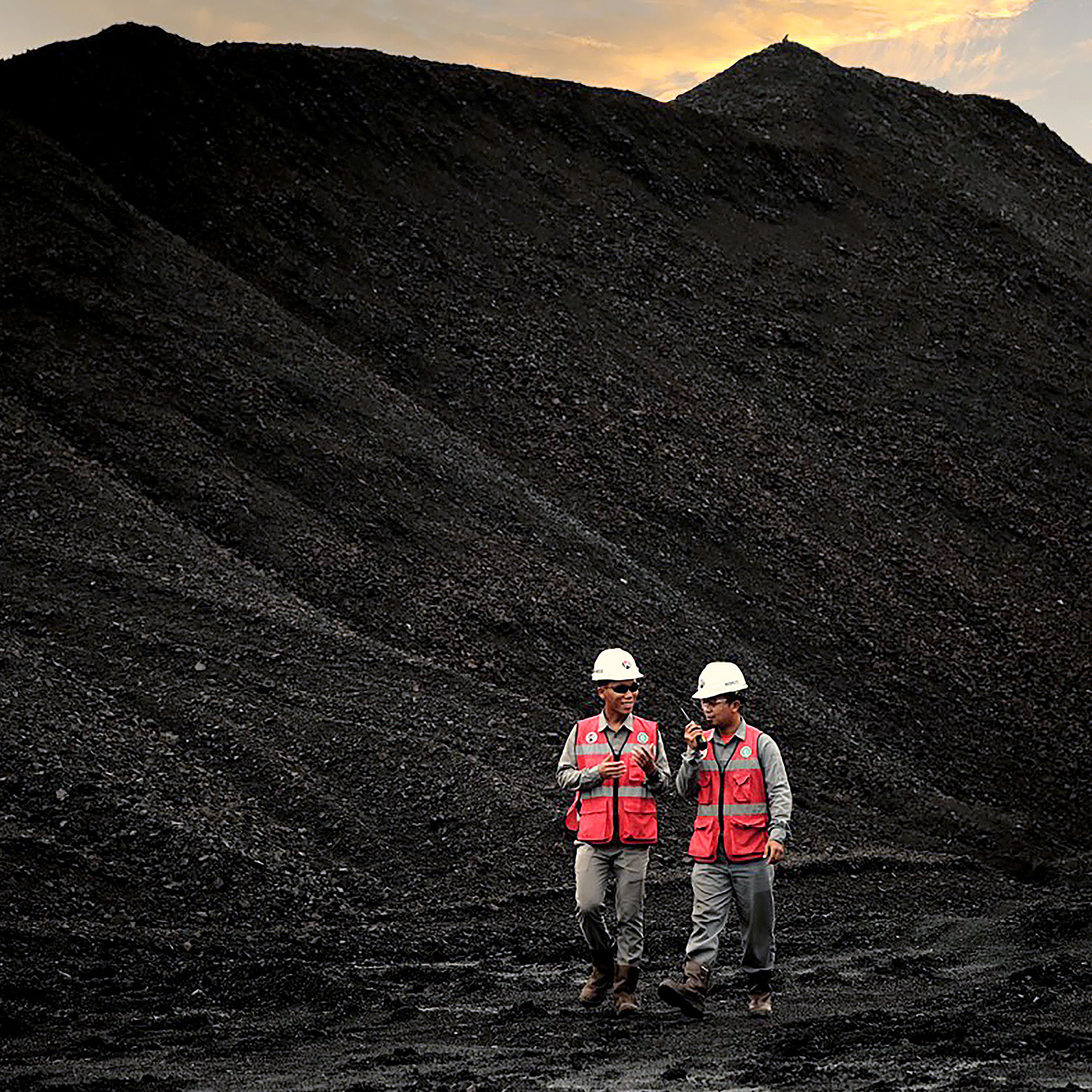
When you have a workforce of 13,000 people, you can’t just change decisions from one day to the next. That would be chaotic for the company.
According to Ariawan, agility is also important in messaging. “When strategy does change, that needs to be clearly communicated to avoid confusion,” he adds. “Give people time to digest the changes you are making, the reasons behind them, and then everyone can move forward from there. I think that has been the key to Kideco’s success over the last five years.”
If clear and consistent communication is a vital component of Kideco’s internal operations, building trust and ensuring a reliable supply of coal for customers is an external imperative.
Even during tough times when the cost of coal production outstrips the selling price, the company continues to deliver. Conversely, customers are committed to paying the market rate when the coal index rises. “There is trust on both sides, and that is key to Kideco’s sustainability,” Ariawan says.
It is likely that these twin business imperatives – communication and trust – will underpin Kideco’s journey over the next few years.
Proudly supported by:
